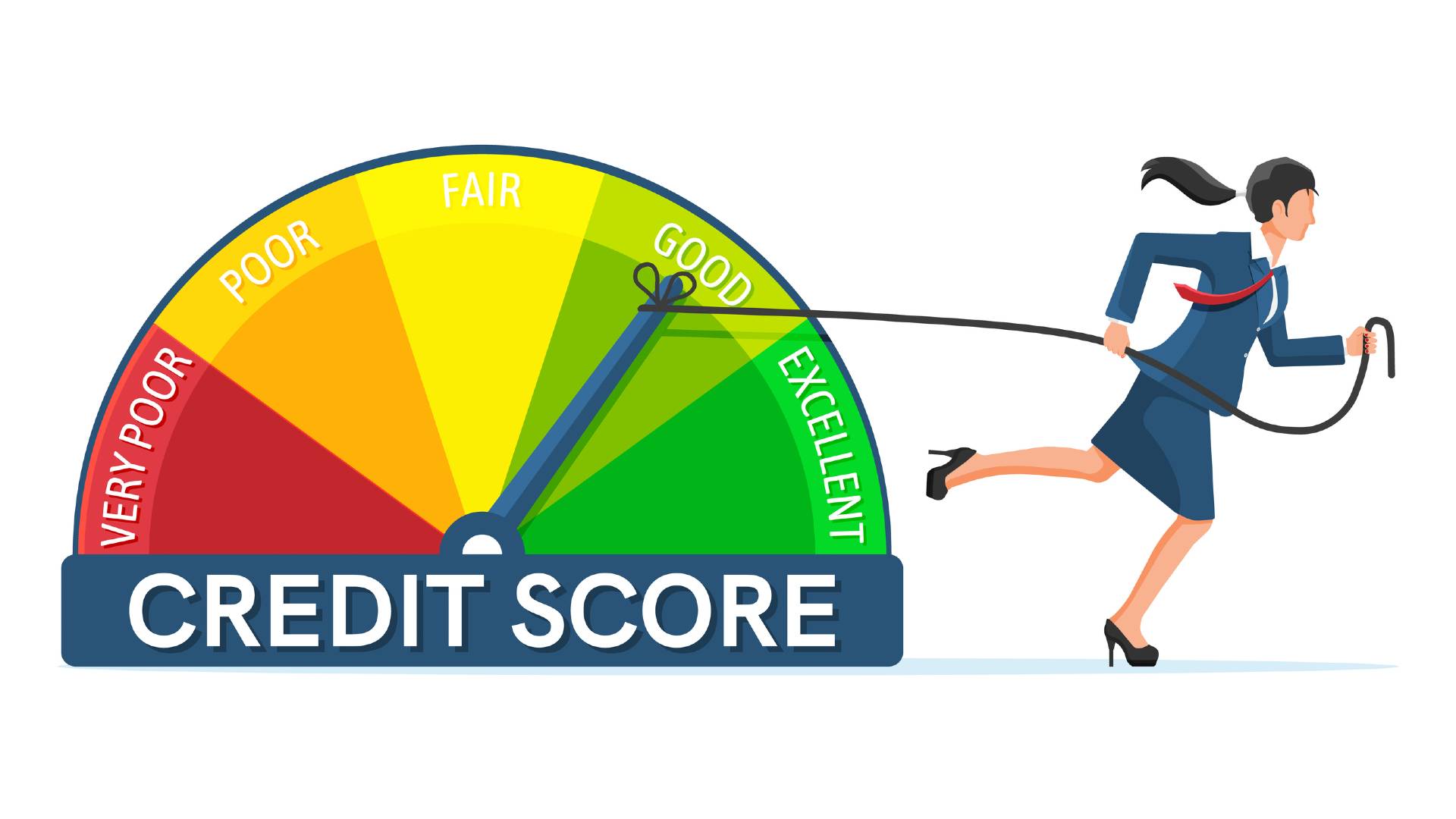A borrower’s credit profile is one of the primary eligibility factors mortgage lenders consider when evaluating a mortgage application. Yet, credit continues to be one of the significant reasons mortgage applicants fall out or have their mortgage application denied. Additionally, millions of Americans face obstacles raising their credit to a level that qualifies for a mortgage. These barriers result in numerous credit application denials and credit inquiry fallouts, negatively impacting lenders’ pipeline conversion.
Many consumers entering this new purchase-driven market are first-time homebuyers unfamiliar with the mortgage process and whose credit profile may not yet be sufficient for mortgage loan approval. Yet, regardless of their current credit score when they approach you for a mortgage, 67% of all applicants could move up at least one band in 30 days, according to CreditXpert. And applicants are willing to wait; 46% of borrowers are prepared to delay closing by 30 days for a better rate.
Mortgage originators who proactively provide their applicants with tools and resources to help boost their credit will qualify more applicants and be better positioned to offer their applicants competitive rates and terms.
Consumers want help to boost their credit scores
Consumers utilize a wide range of free and paid sources to access their credit score, including their bank or credit card providers, credit monitoring services and credit bureaus, before applying for a mortgage, however, many consumers aren’t fully aware of the factors that impact their credit scores. In a survey conducted by the Consumer Federation of America, only 78% of consumers knew that high credit card balances were a factor, and 71% knew that personal bankruptcy was a factor. Many consumers aren’t sure of the factors that impact their credit score. When asked, 66% said to keep credit card balances below 25%, and 62% said to avoid opening up multiple credit card accounts at once.
Providing prospective borrowers with the tools and resources to help them understand what impacts their credit score, preferably before their credit is run for pre-qualification, can help them improve their credit for loan eligibility.
Consumers seek a trusted advisor to know the minimum credit score to qualify for a mortgage
There is confusion among many first-time homebuyers on the minimum credit score to qualify for a mortgage loan. In a Fannie Mae study, “Consumers Continue to Overestimate Mortgage Requirements,” only 11% of consumers knew that the minimum credit score to apply for a mortgage was 580 and 53% of consumers didn’t know the score or were entirely out of range.
Originators who connect with prospective homebuyers early in their homebuying journey have the opportunity to discuss the credit score requirements for various mortgage programs before the pre-qualification application is submitted.
Educating homebuyers with your social media marketing on the minimum credit score for the most frequently requested mortgage products can help you attract leads to your business.
Expand pipeline with low-to-moderate income consumers
Homeownership remains a significant way most Americans build wealth, yet low-to-moderate income consumers lack on-ramps to the mortgage market.
According to TransUnion, almost half of the credit-active population in the U.S. (approximately 120 million consumers) are low-to-moderate income (LMI) consumers, yet 75% of these consumers are presently credit eligible for a mortgage. The remaining 30 million could be eligible for an FHA loan with a 10% down payment or nurtured into that product.
LMI consumers exist across all income levels – 65% of LMI consumers’ average annual income is above $50,000, including 65M between $50,000 and $75,000 – and live in all fifty states, with the majority of consumers in California, Texas and New York considered LMI.
How lenders can capture and convert more consumers in a purchase driven market
The key to increasing pipeline conversion of consumers with lower credit scores is operationalizing credit, particularly at the beginning of the mortgage process. Too many fallouts and mortgage denials occur at the inquiry stage, resulting in a missed opportunity for you to close a purchase and for the borrower to attain homeownership. Providing consumers with tools and resources that show their credit improvement potential early in their homeownership journey will help improve the mortgage loan process for both parties.
Lenders should focus on expanding their pipeline to attract prospective borrowers whose credit is below 619. Those with credit between 620 and 679 who may qualify for an FHA or conventional loan can be shown the benefits of improving their credit health to increase their purchasing power. Consumers with a score above 680 could be advised how a higher credit score may help them qualify for better loan terms. Ensuring that each borrower is aware of their credit potential from the beginning helps to build trust and a strong relationship between you and the consumer.
FinLocker can help lenders convert consumers with lower credit scores
FinLocker provides each consumer with tools to improve their credit health. Consumers can access their TransUnion credit score and credit report, which displays their active and closed accounts and the past two years’ payment history.
Leveraging their consumer contributed data inside their app, prospective homebuyers can use the credit simulator to test the impact of various scenarios on their credit score. For example, someone who has a poor payment history can see the positive impact of making on-time payments. A consumer with a high-debt-to-income ratio could run the scenario to see how paying off a credit card, but keeping the paid-off account open, could boost their credit score and reduce their DTI ratio.
FinLocker can also help recover previously turned down applicants. Too often, consumers whose mortgage applications get turned down due to poor credit scores receive little to no assistance to improve their credit. FinLocker can provide these consumers with a personalized journey to improve their credit score and reduce their debt-to-income ratio while tracking their progression towards mortgage readiness.
A vast library of educational videos and articles is available to all consumers to improve their financial literacy to manage their credit and credit cards and introduce them to the mortgage process.
FinLocker’s product provides an engaging solution that prepares prospective homebuyers and reengages turned down into mortgage-ready applicants to increase pipeline conversion. Watch our online demo or schedule a live or 1:1 consultation to see how FinLocker can increase your pipeline conversion.




